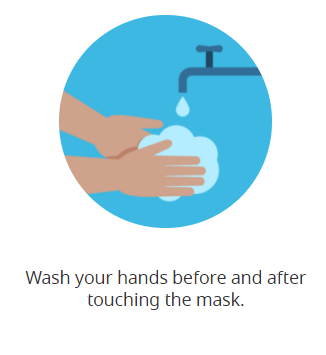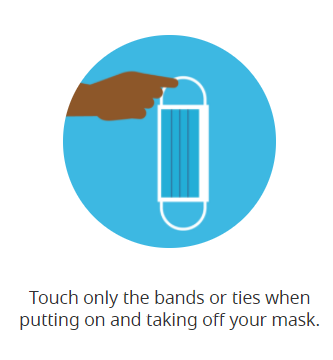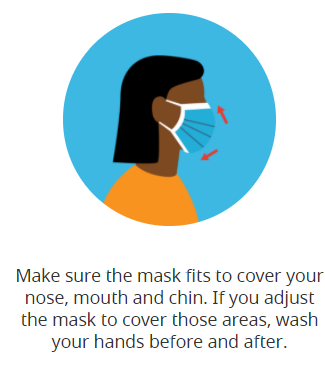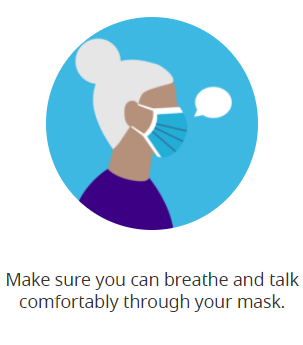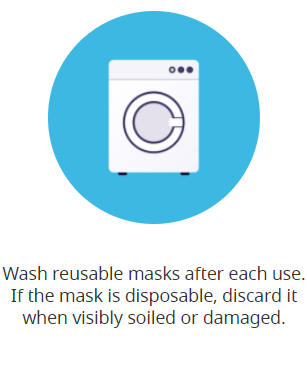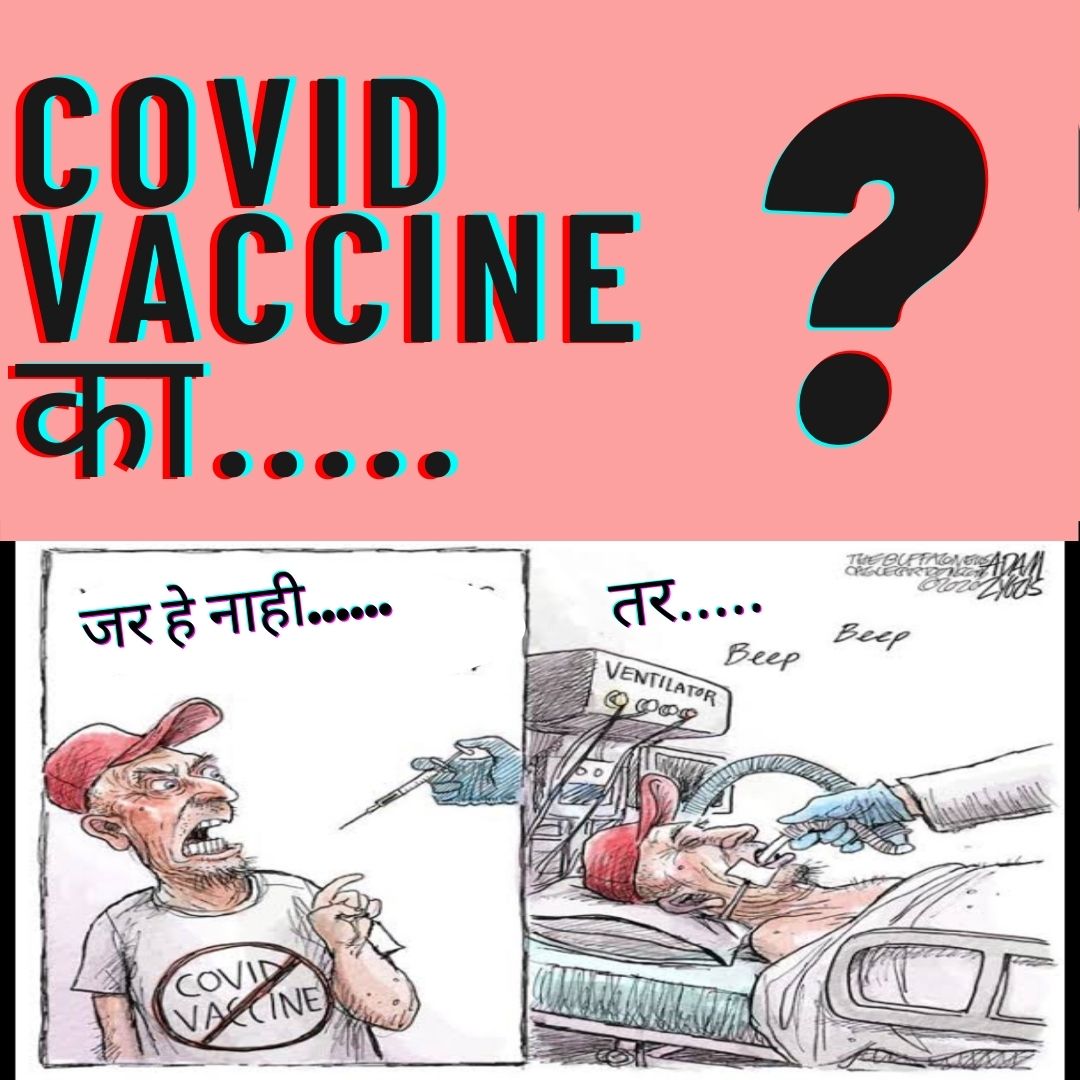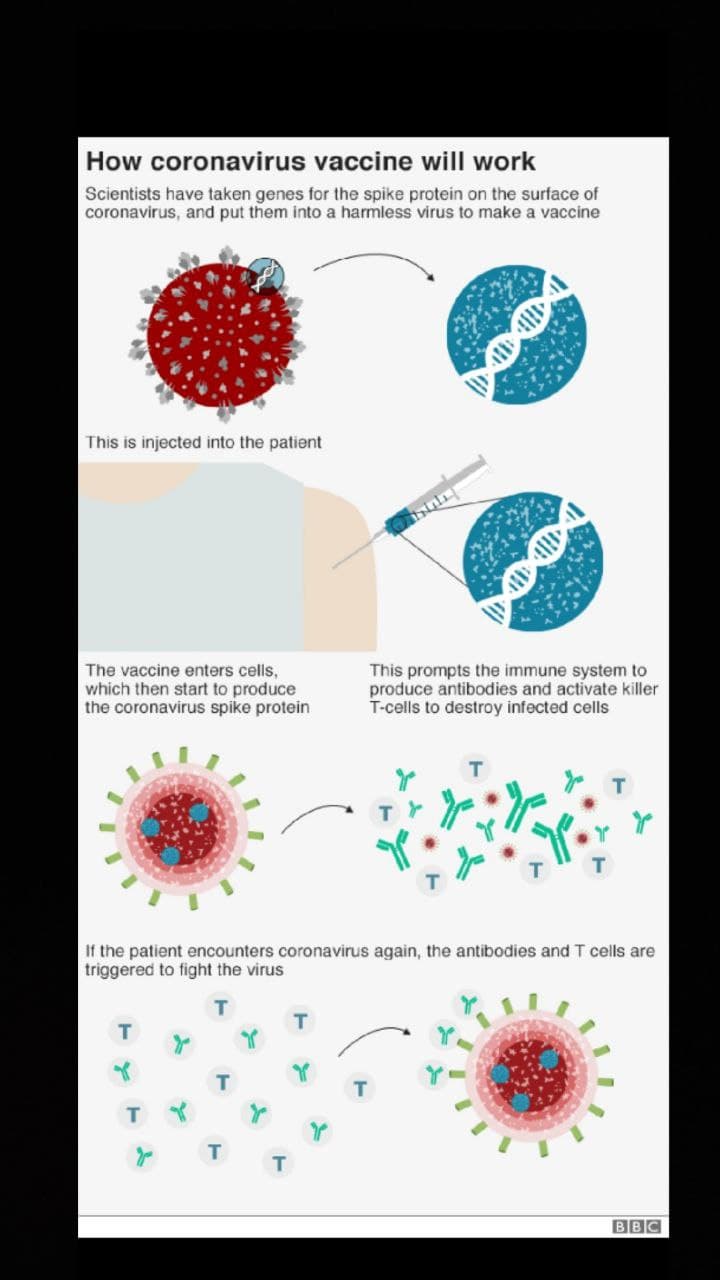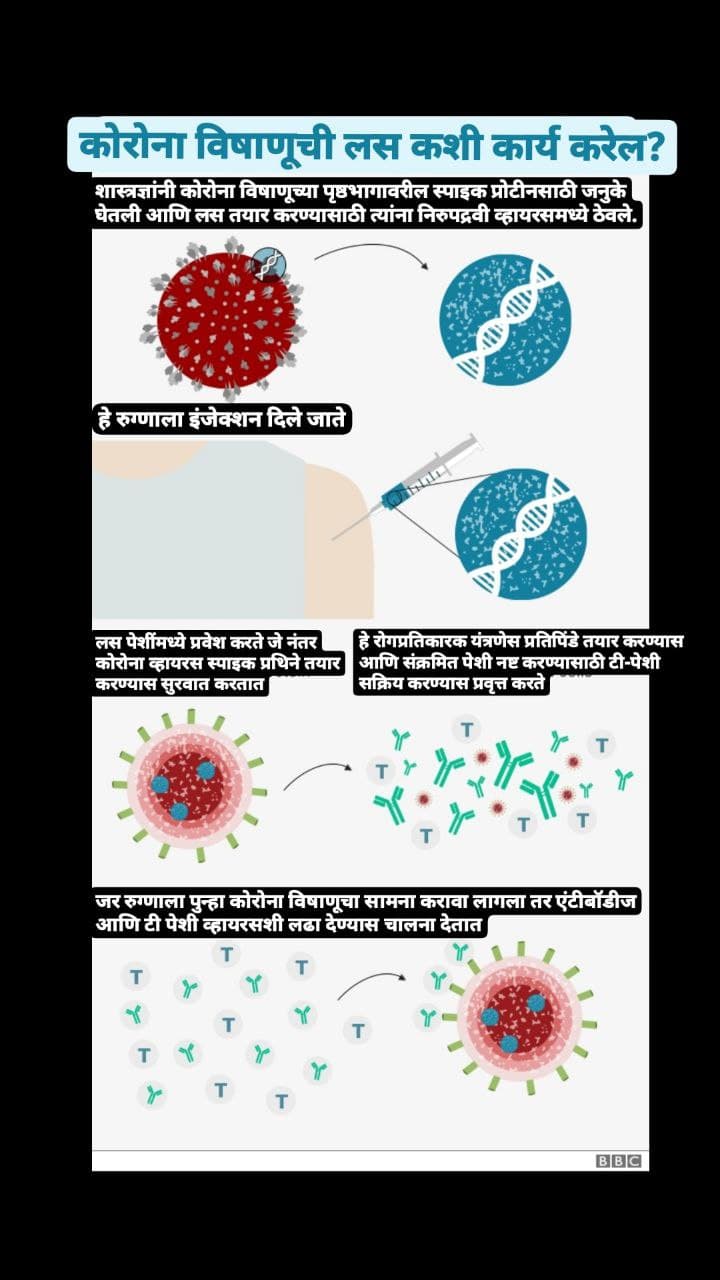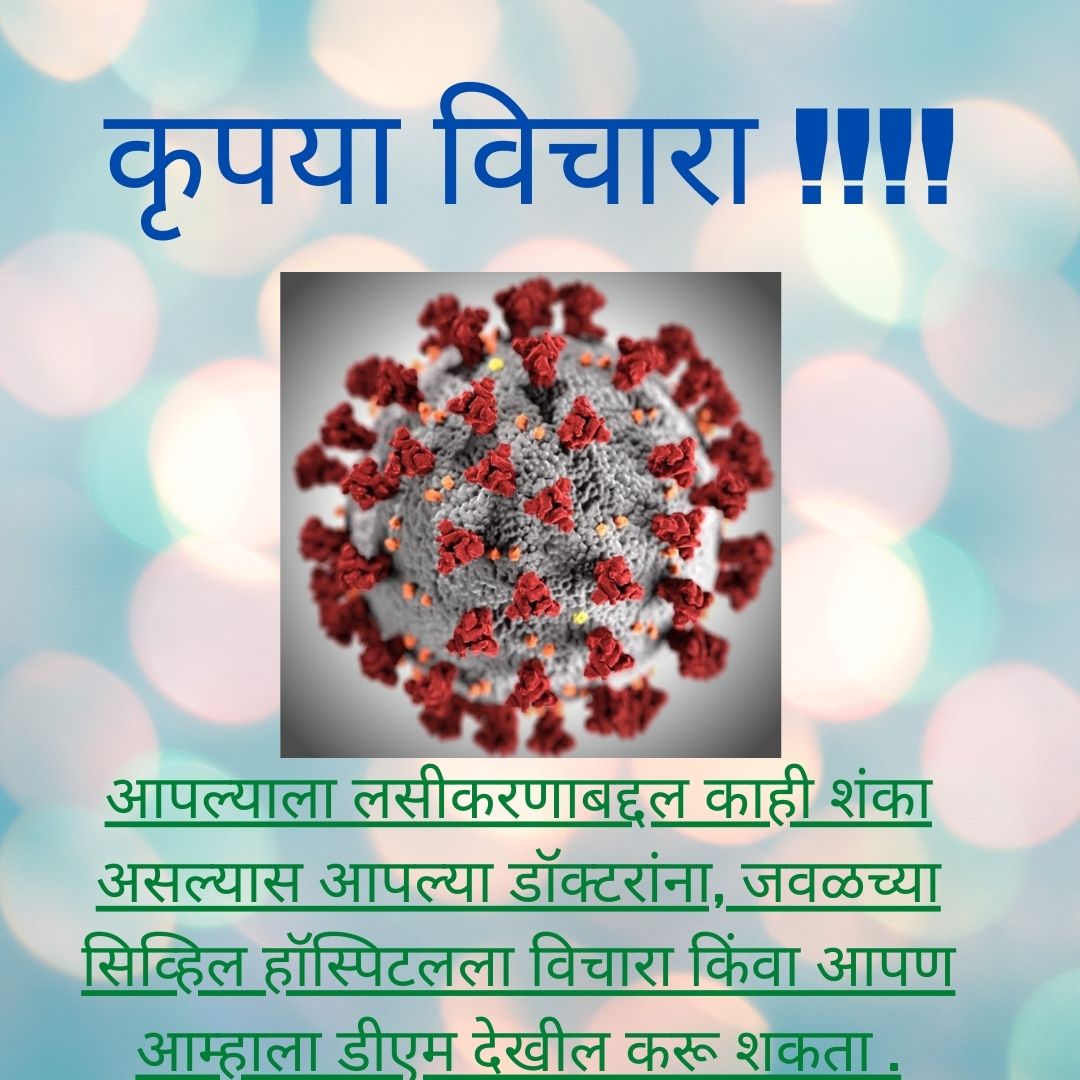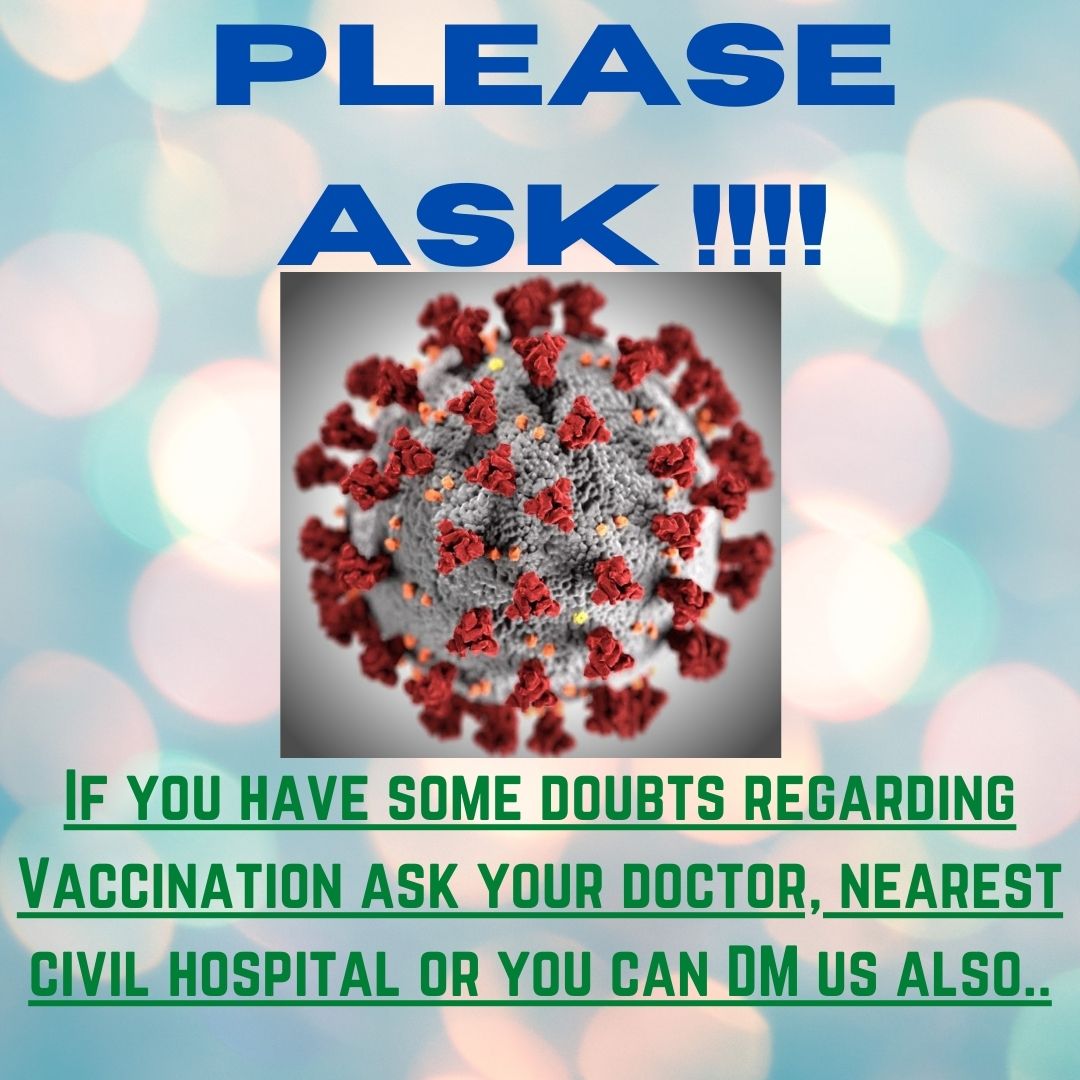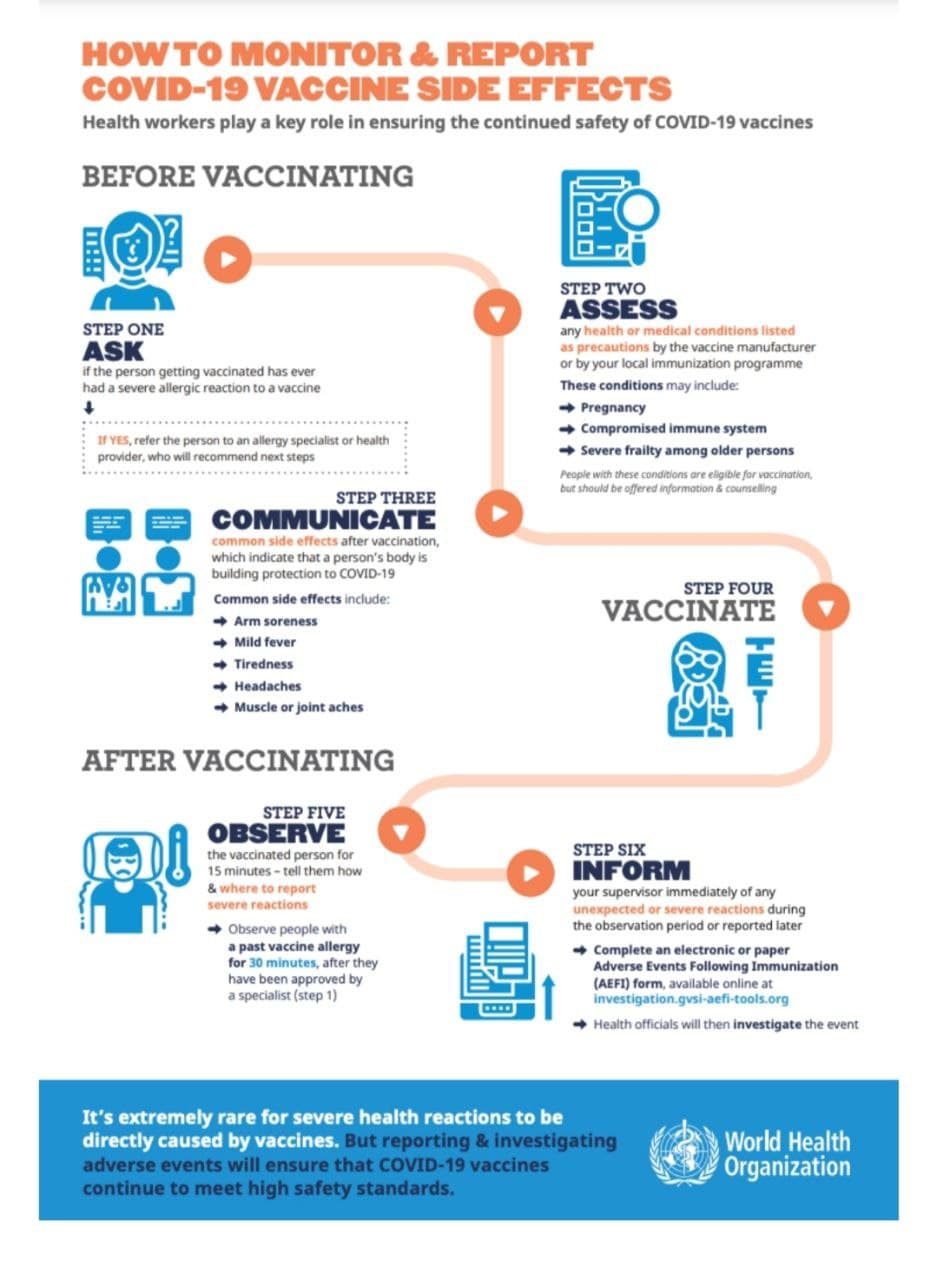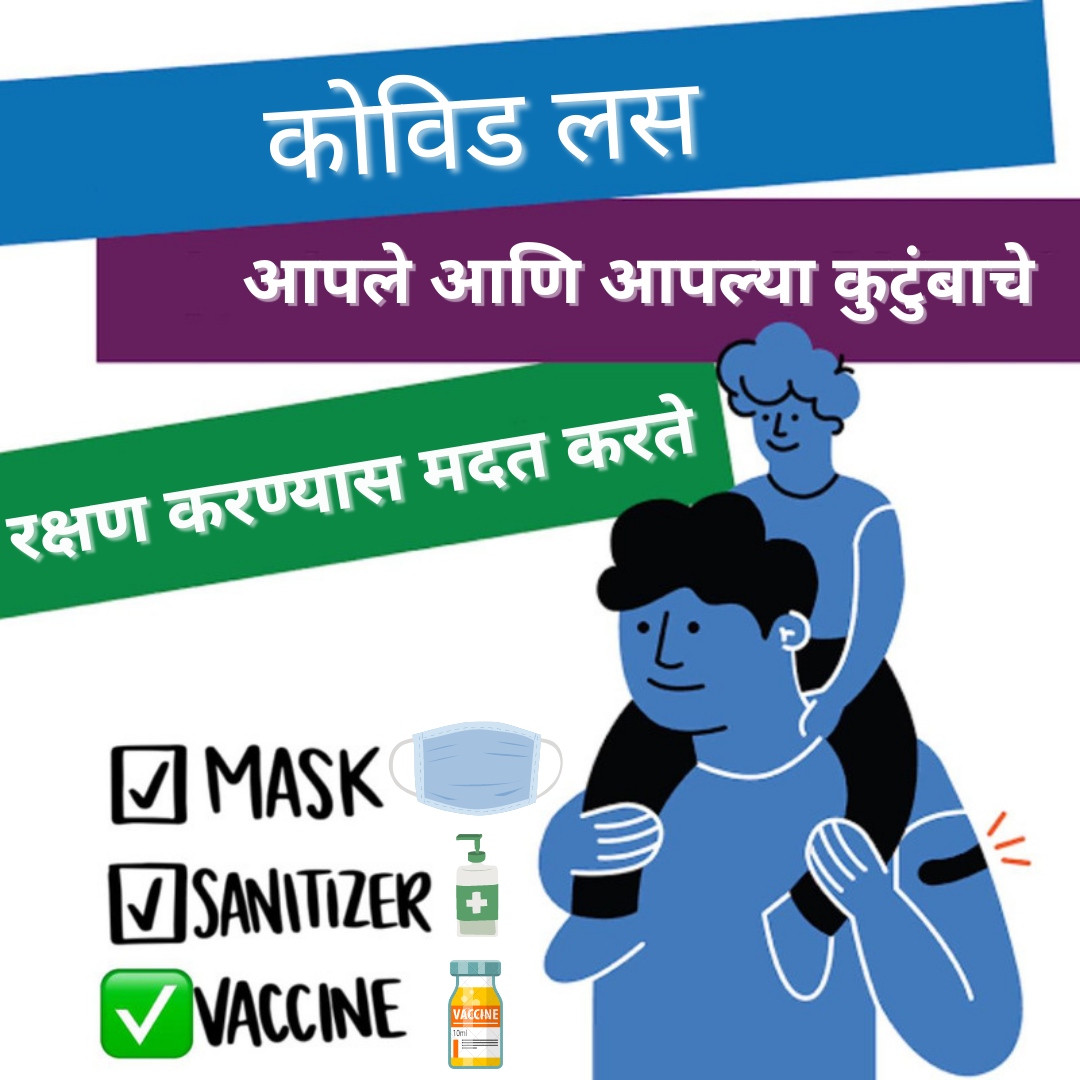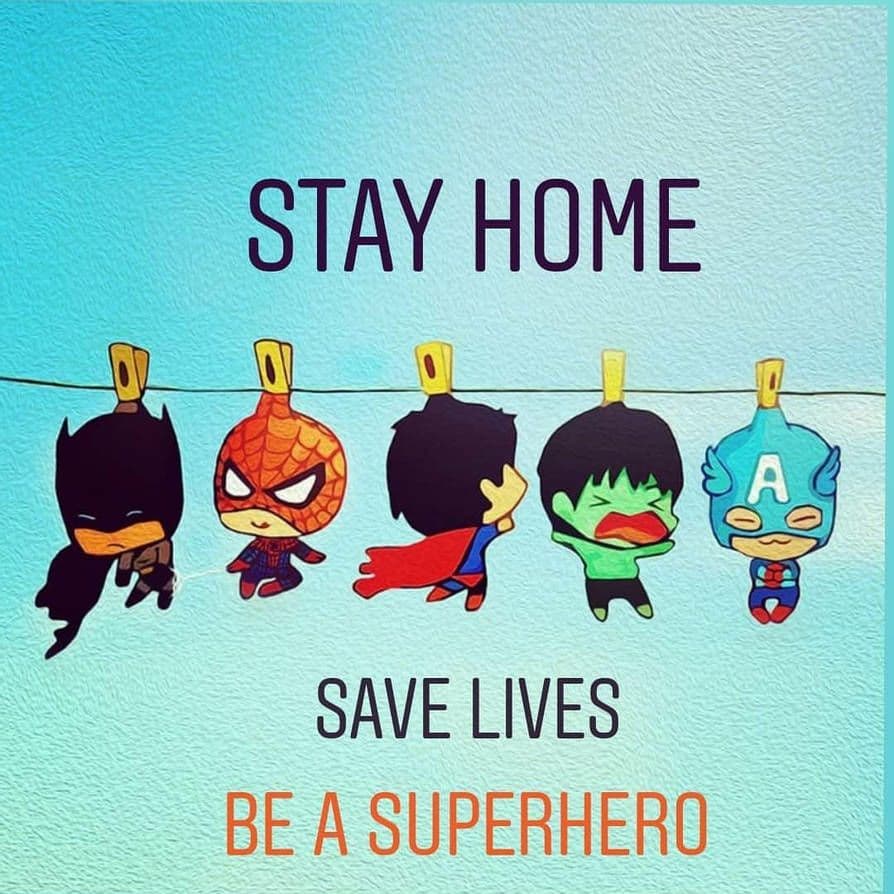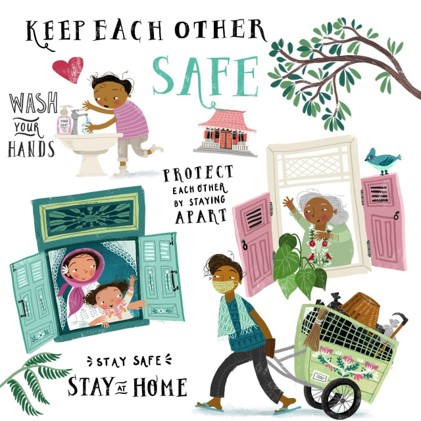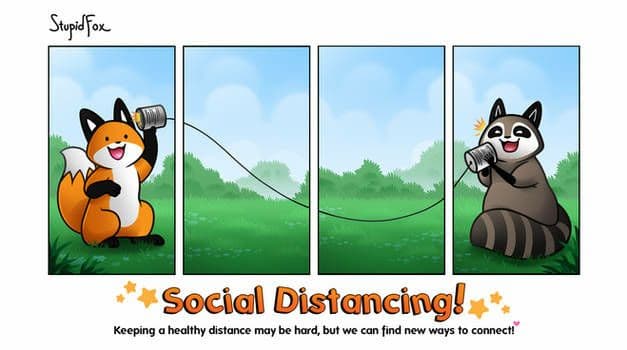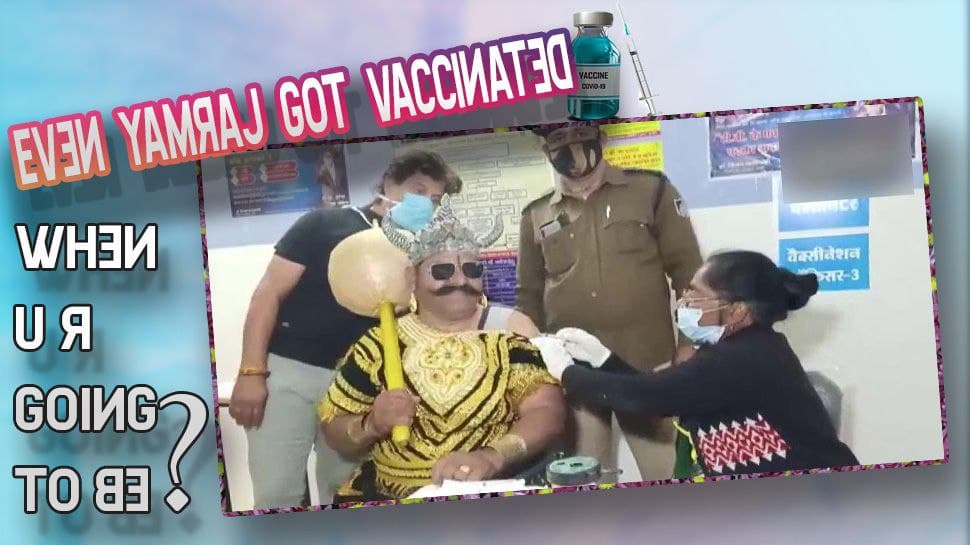Information
COVID-19
WHAT IS COVID-19 ??
COVID-19 is a respiratory infectious disease caused by the SARS-CoV-2 virus. The first outbreak occurred in Wuhan (China) in December 2019, but rapidly spreading to most countries in the world in the course of 2020 and affecting millions of people.
In the same way that occurs with a common cold, a person can contract the COVID-19 virus by coming into contact with someone who is infected and inhaling droplets of saliva/mucus that that person expels through their mouth and nose when they speak, cough or sneeze;....Read more
HOW TO PREVENT AND FIGHT COVID-19 ??
Throughout the year, governments and health authorities in most countries affected by the pandemic have tried to reduce the spread of the virus in those places, forcing people to avoid direct physical contact with others, to remain isolated at home during long periods of quarantine, and to take the necessary preventive regulations to protect yourself.Many people have managed to adapt successfully to these measures, having the opportunity to work or study from the safety of their homes through their email or
Read more
Vaccines are one of the tools we have
to fight the COVID-19 pandemic.
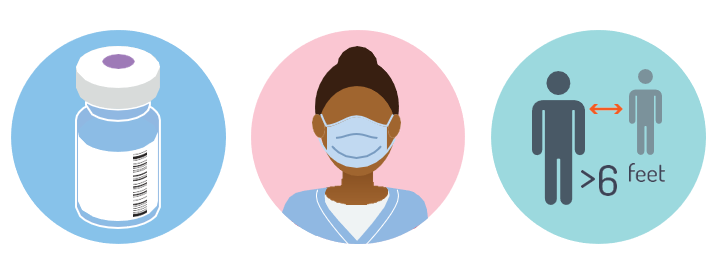
To stop this pandemic, we need to use all of our prevention tools.
Vaccines are
one of the most effective
tools to protect your health and prevent disease. Vaccines work with your body’s natural defenses so your
body will be ready to fight the virus, if you are exposed (also called immunity). Other steps, like
wearing a mask that covers your nose and mouth and staying at least 6 feet away from other people you
don’t live with, also help stop the spread of COVID-19.
Studies show that COVID-19 vaccines are very effective at keeping you from getting COVID-19. Experts also think that getting a COVID-19 vaccine may help keep you from getting seriously ill even if you do get COVID-19. These vaccines cannot give you the disease itself.

The vaccines are safe. The vaccine safety system makes sure that all vaccines are as safe as possible. All the COVID-19 vaccines that are being used have gone through the same safety tests and meet the same standards as any other vaccines produced through the years. A system in place across the entire country that allows Govt. to watch for safety issues and make sure the vaccines stay safe.
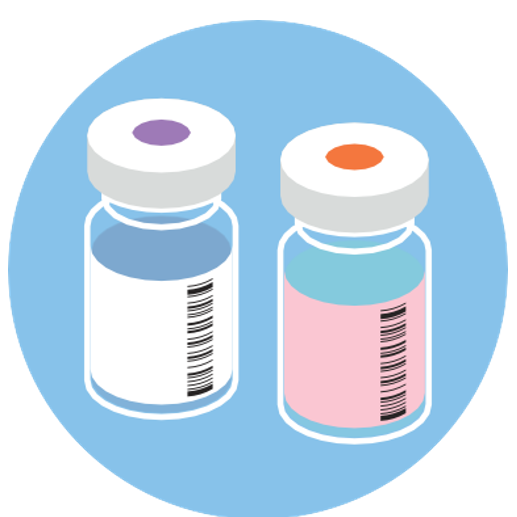
Different types of COVID-19 vaccines will be available. Most of these vaccines are given in two shots, one at a time and spaced apart. The first shot gets your body ready. The second shot is given at least three** weeks later to make sure you have full protection. If you are told you need two shots, make sure that you get both of them. The vaccines may work in slightly different ways, but all types of the vaccines will help protect you.
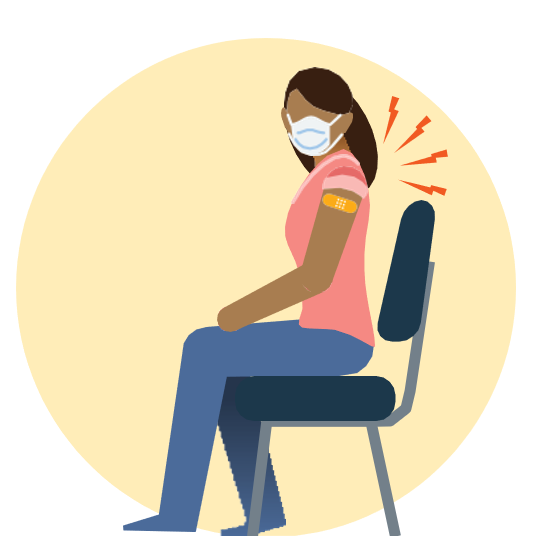
The vaccines may cause side effects in some people, like sore muscles, feeling tired, or mild fever. These reactions mean the vaccine is working to help teach your body how to fight COVID-19 if you are exposed. For most people, these side effects will last no longer than a day or two. Having these types of side effects does NOT mean that you have COVID-19. If you have questions about your health after your shot, call your nearest civil district hospital or from where you have taken vaccine. As with any medicine, it is rare but possible to have a serious reaction, such as not being able to breathe. It is very unlikely that this will happen, but if it does, call 108 .
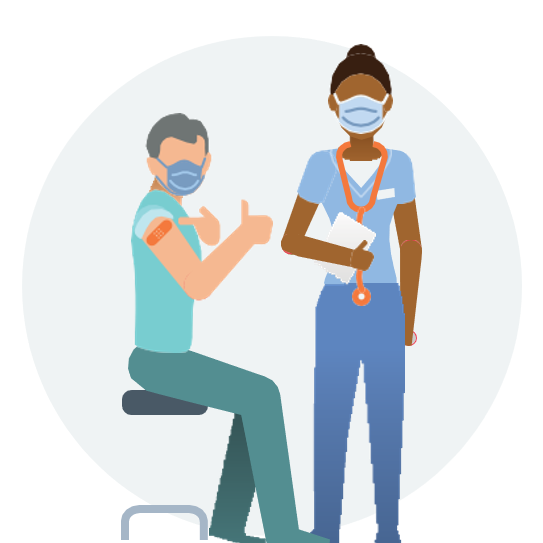
When you get the vaccine, you and your healthcare worker will both need to wear masks.
WHO recommends that during the pandemic, people wear a mask that covers their nose and mouth when in
contact with others outside their household, when in healthcare facilities, and when receiving any
vaccine, including a COVID-19 vaccine.
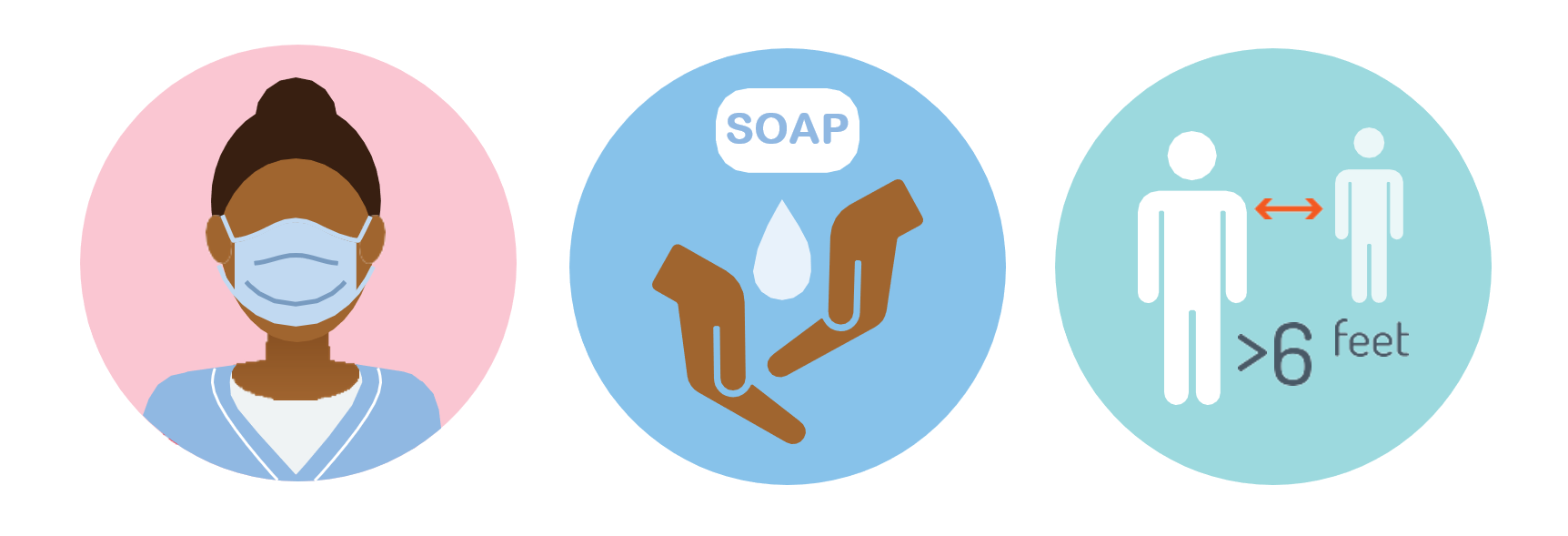
Even after you get your vaccine, you will need to keep wearing a mask that covers your nose and mouth, washing your hands often, and staying at least 6 feet away from other people you do not live with. This gives you and others the best protection from catching the virus. Right now, experts don’t know how long the vaccine will protect you, so it’s a good idea to continue following the guidelines from Govt. and your health department.
New Update
Vaccines are now being rolled out for everyone above age 18 in India.
Please refer following sites for registration by clicking on it.
CO-WIN , AAROGYA SETU and Ministry of Health and Family Affaires.
FOLLOW THESE GUIDELINES TO PROPERLY WEAR YOUR FACE MASK
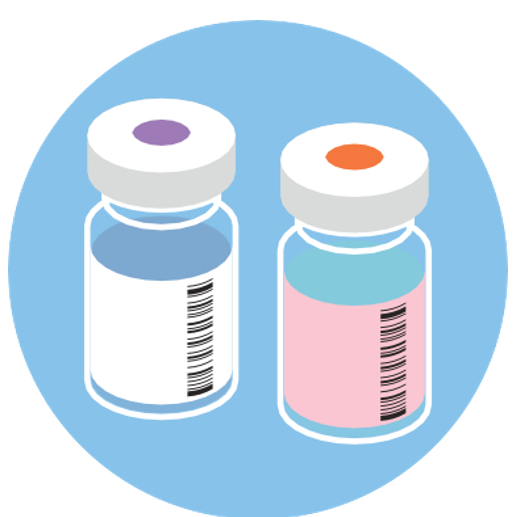
Follow Five Steps to Wash Your Hands the Right Way
Washing your hands is easy, and it’s one of the most effective ways to prevent the spread of germs. Clean hands can stop germs from spreading from one person to another and throughout an entire community—from your home and workplace to childcare facilities and hospitals.
Follow these five steps every time
- Wet your hands with clean, running water (warm or cold), turn off the tap, and apply soap.
- Lather your hands by rubbing them together with the soap. Lather the backs of your hands, between your fingers, and under your nails.
- Scrub your hands for at least 20 seconds. Need a timer? Hum the “Happy Birthday” song from beginning to end twice.
- Rinse your hands well under clean, running water.
- Dry your hands using a clean towel or air dry them.
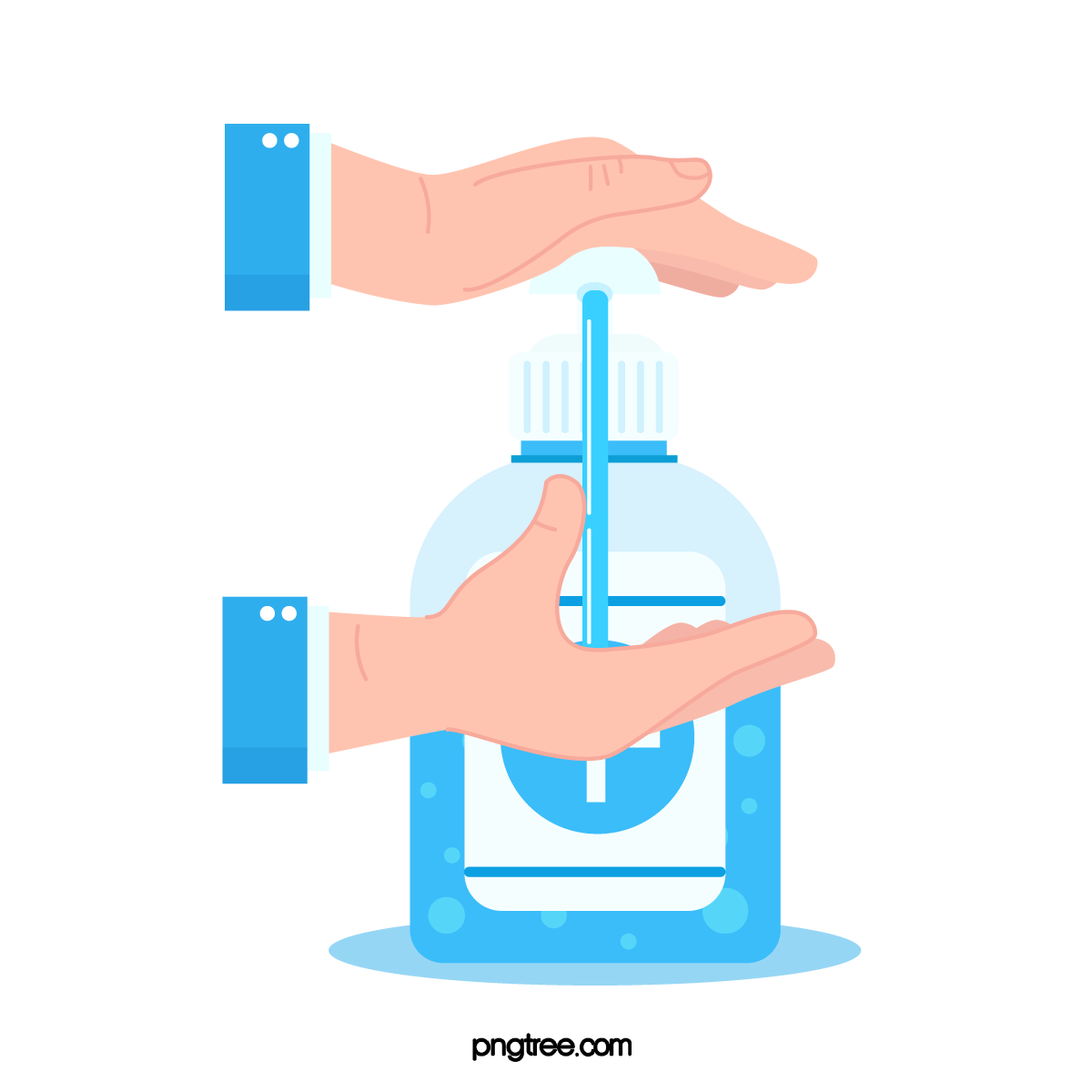
Tips for Social Distancing
When going out in public, it is important to stay at least 6 feet away from other people and wear a mask to slow the spread of COVID-19. Consider the following tips for practicing social distancing when you decide to go out.
Read more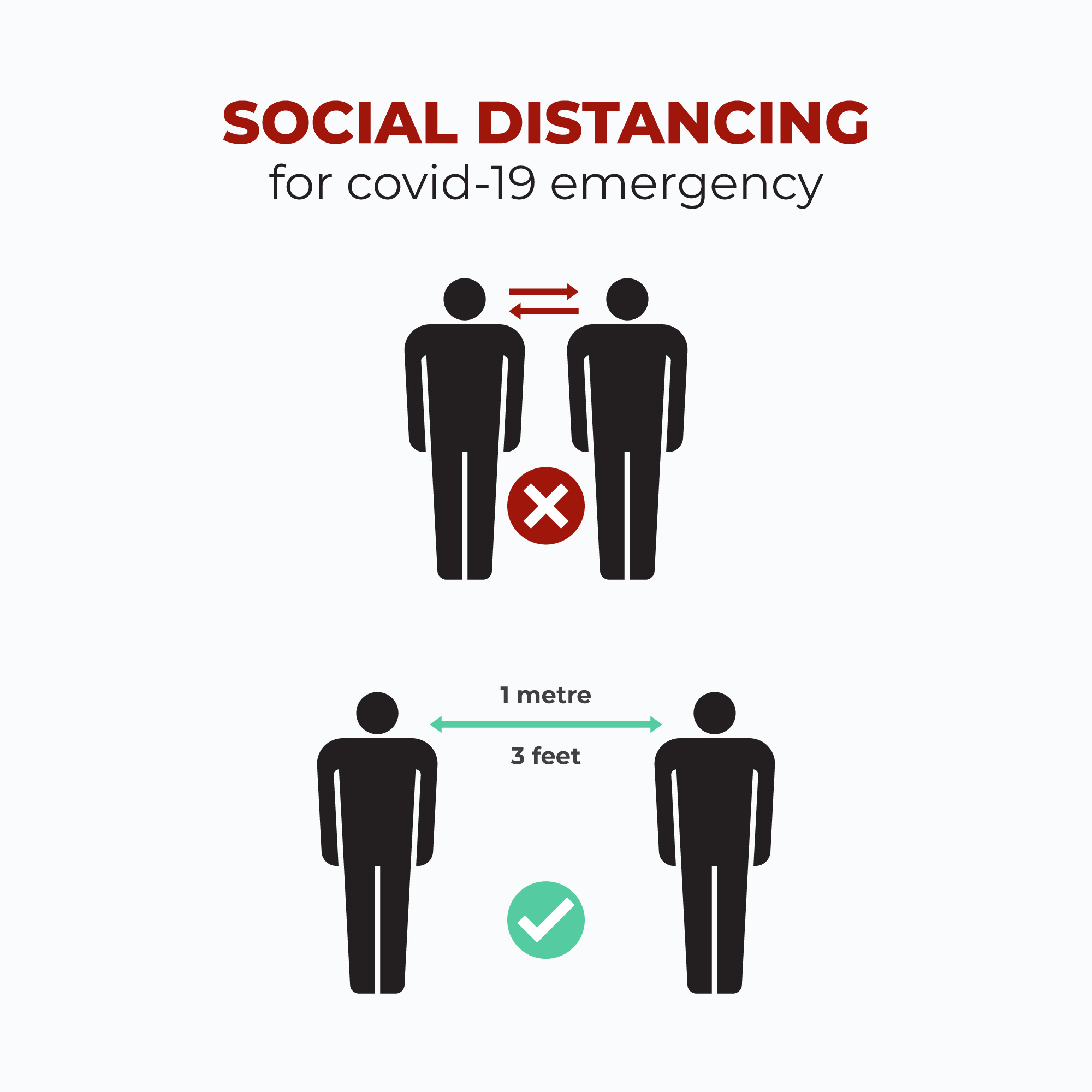
How to Protect Yourself & Others
Get Detail on www.cdc.gov.in.
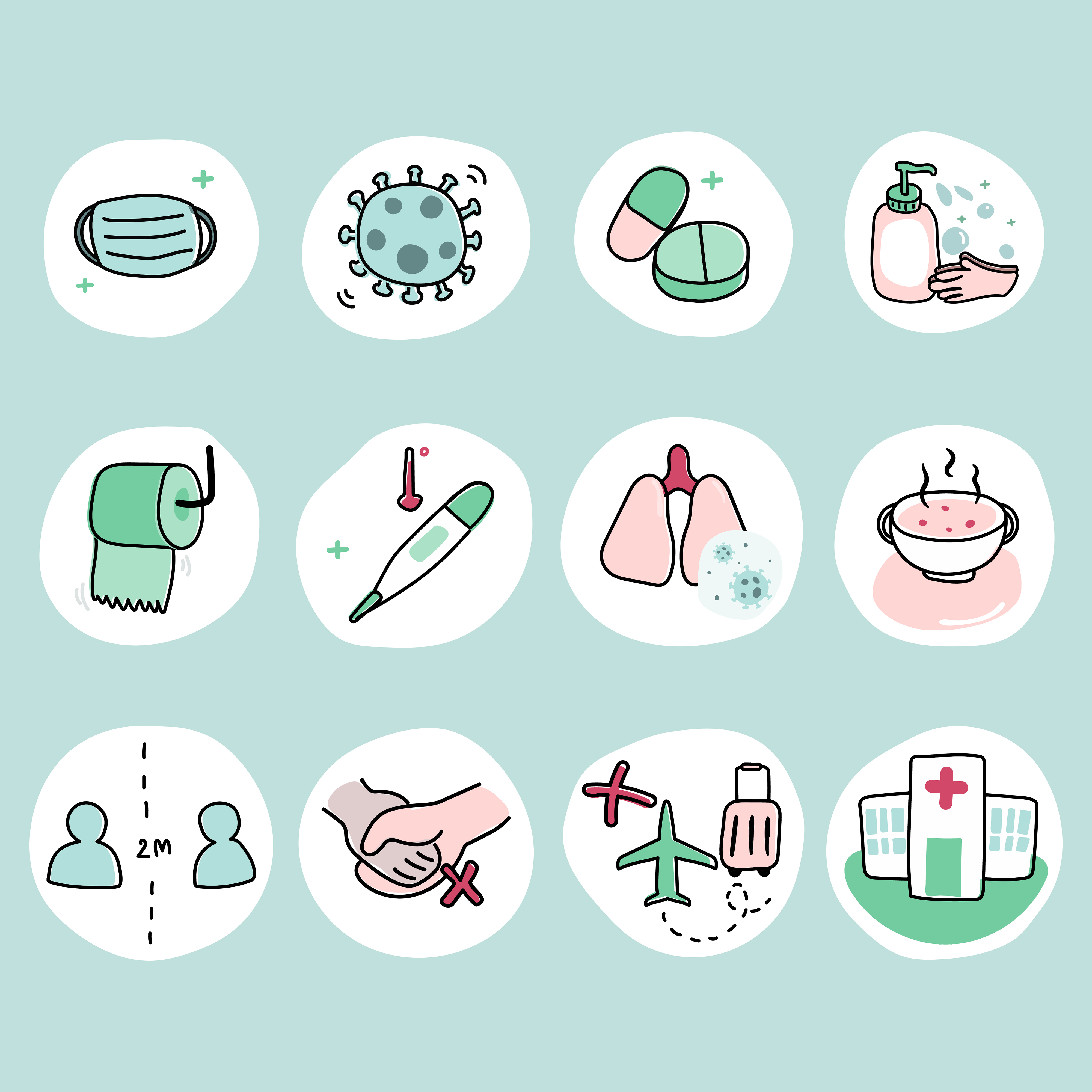
Emergency Contact Detail
The central helpline number: 011-23978046
A 24x7 control room has also been established for any query related to COIVID-19:
Videos
Stay Safe
Posts
Recent Posts
F.A.Q
Frequently Asked Questions
-
What is COVID-19?
COVID-19 is the disease caused by a new coronavirus called SARS-CoV-2. WHO first learned of this new virus on 31 December 2019, following a report of a cluster of cases of ‘viral pneumonia’ in Wuhan, People’s Republic of China.
-
What are the symptoms of COVID-19?
The most common symptoms of COVID-19 are
- Fever
- Dry cough
- Fatigue
- Loss of taste or smell,
- Nasal congestion,
- Conjunctivitis (also known as red eyes)
- Sore throat,
- Headache,
- Muscle or joint pain,
- Different types of skin rash,
- Nausea or vomiting,
- Diarrhea,
- Chills or dizziness.
- Shortness of breath,
- Loss of appetite,
- Confusion,
- Persistent pain or pressure in the chest,
- High temperature (above 38 °C).
- Irritability,
- Confusion,
- Reduced consciousness (sometimes associated with seizures),
- Anxiety,
- Depression,
- Sleep disorders,
- More severe and rare neurological complications such as strokes, brain inflammation, delirium and nerve damage.
-
What happens to people who get COVID-19?
Among those who develop symptoms, most (about 80%) recover from the disease without needing hospital treatment. About 15% become seriously ill and require oxygen and 5% become critically ill and need intensive care.
Complications leading to death may include respiratory failure, acute respiratory distress syndrome (ARDS), sepsis and septic shock, thromboembolism, and/or multiorgan failure, including injury of the heart, liver or kidneys.
In rare situations, children can develop a severe inflammatory syndrome a few weeks after infection. -
Are there long-term effects of COVID-19?
Some people who have had COVID-19, whether they have needed hospitalization or not, continue to experience symptoms, including fatigue, respiratory and neurological symptoms.
WHO is working with our Global Technical Network for Clinical Management of COVID-19, researchers and patient groups around the world to design and carry out studies of patients beyond the initial acute course of illness to understand the proportion of patients who have long term effects, how long they persist, and why they occur. These studies will be used to develop further guidance for patient care. -
Who is most at risk of severe illness from COVID-19?
People aged 60 years and over, and those with underlying medical problems like high blood pressure, heart and lung problems, diabetes, obesity or cancer, are at higher risk of developing serious illness.
However, anyone can get sick with COVID-19 and become seriously ill or die at any age. -
When should I get a test for COVID-19?
Anyone with symptoms should be tested, wherever possible. People who do not have symptoms but have had close contact with someone who is, or may be, infected may also consider testing – contact your local health guidelines and follow their guidance.
While a person is waiting for test results, they should remain isolated from others. Where testing capacity is limited, tests should first be done for those at higher risk of infection, such as health workers, and those at higher risk of severe illness such as older people, especially those living in seniors’ residences or long-term care facilities.
Team
Our Team
Ayush Shete
Manaswini Verma
Aaditya Chaturmohta
Yashasvi Therkar
Harsheet Chordiya
Tilottamma Bhutada
Twinshu Parmar
Prashant Shrivastav
Kaustubh Kinge
Gauri Mule
Contact
Contact Us
